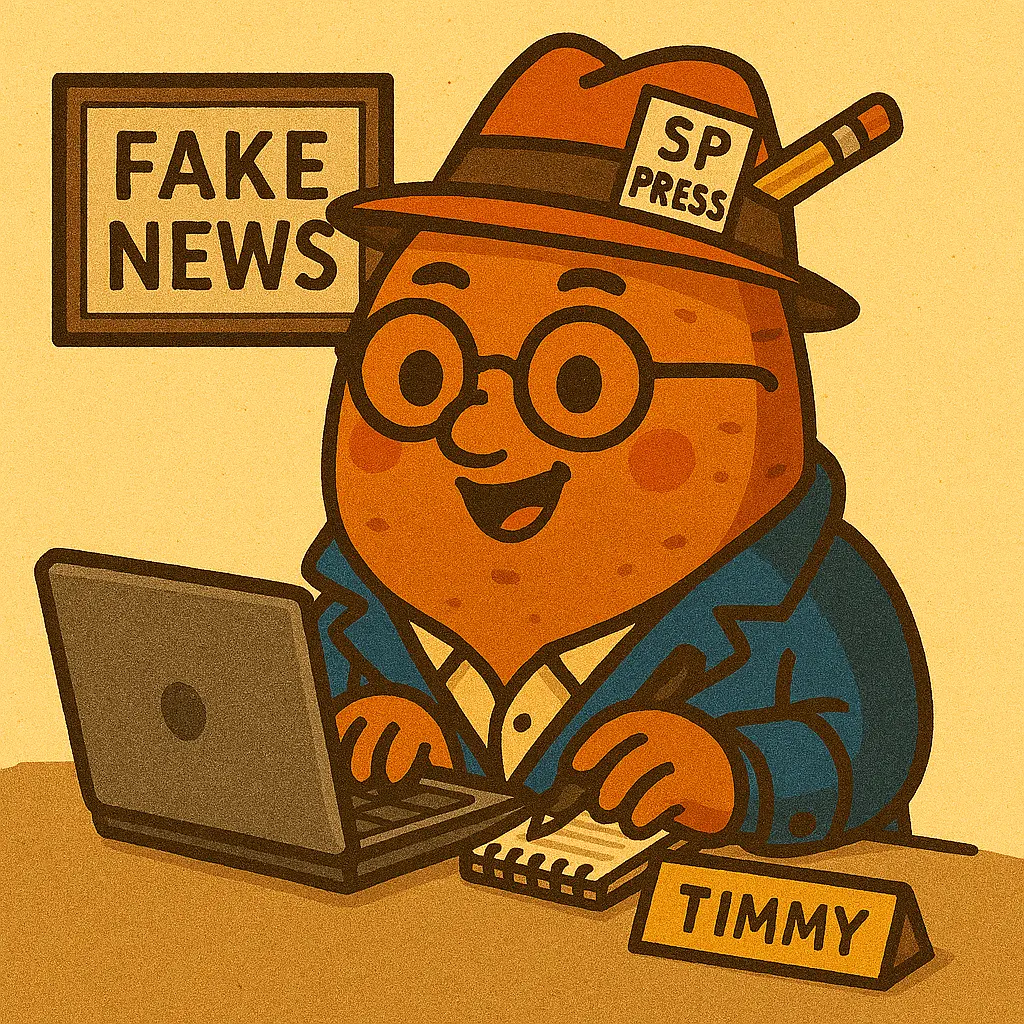
By Timothy T. Tater
In these troubled times, a disturbing phenomenon has emerged that threatens the very fabric of intellectual discourse. I speak, of course, of the epidemic of people who feel compelled to announce their expertise before making any claim whatsoever.
“As someone who has studied this extensively,” they begin, their words dripping with the desperation of the truly uncertain. “Having worked in this field for fifteen years,” they continue, building a fortress of credentials around what will inevitably be a remarkably pedestrian observation.
One must ask: if your knowledge were truly self-evident, would you need to wave your diploma like a flag of surrender before uttering a single substantive thought?
Consider the tragic case of Dr. Reginald Knowsworth, who recently prefaced his comment about restaurant service with a five-minute dissertation on his MBA, his experience in hospitality consulting, and his grandmother’s work as a waitress during the Depression. By the time he finished establishing his bona fides, his soup had gone cold and his point about wait times had become tragically ironic.
The truly knowledgeable, meanwhile, suffer in silence. Marie Curie never began her papers with “As someone who glows faintly in the dark…” Einstein didn’t preface relativity with “Speaking as someone who is relatively smart…” They simply presented their ideas and let the work speak for itself.
But perhaps we’ve created this monster ourselves. In our Wikipedia age, where anyone can become an expert in seventeen minutes of targeted Googling, we’ve trained ourselves to be suspicious of naked claims. We demand to see the intellectual receipts before we’ll even consider listening.
The result? A world where confidence has been replaced by credentialism, where “I think” has been banished in favor of “As an expert in thinking, I believe that thoughts occur in the brain.”
So the next time you find yourself about to announce your qualifications before making a point, pause. Ask yourself: am I about to share knowledge, or am I about to perform expertise? Because true knowledge doesn’t need a press release—it speaks for itself, even when whispered.
After all, as someone who has written extensively about the dangers of credential broadcasting, I should know.





